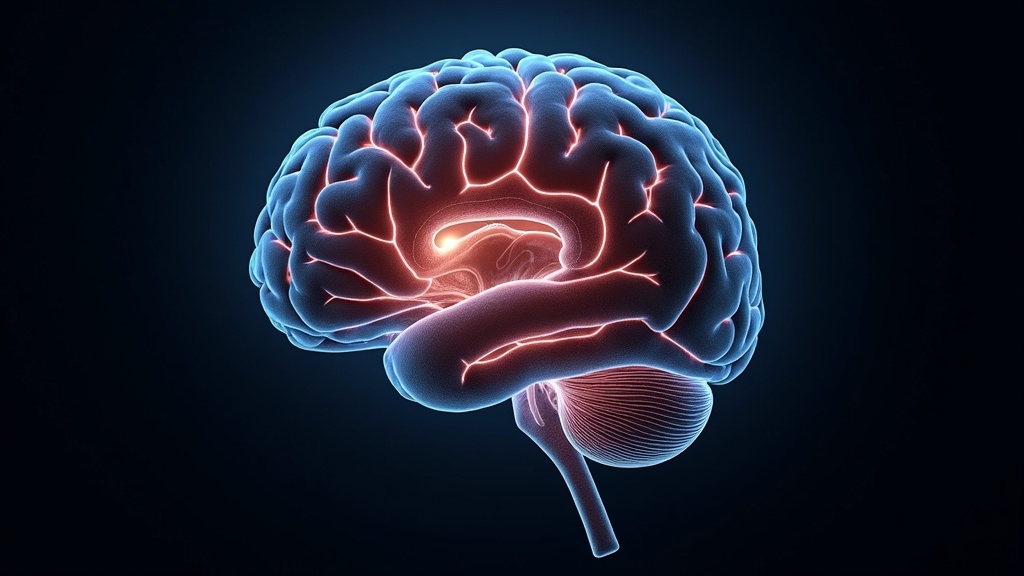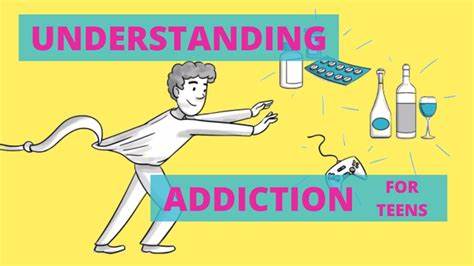Understanding Addiction Cravings
Cravings and addiction have always sparked curiosity and occasionally a bit of confusion. Whether it’s that irresistible urge for chocolate at midnight or a behavior someone can’t seem to kick, understanding what’s happening in our brains goes a long way in making sense of it all. I’ll break down the basics of what cravings really … Read more









